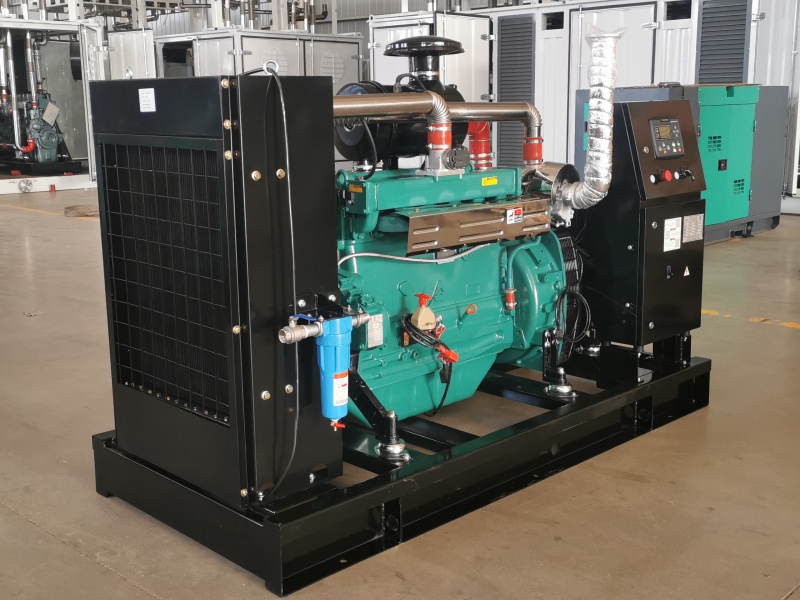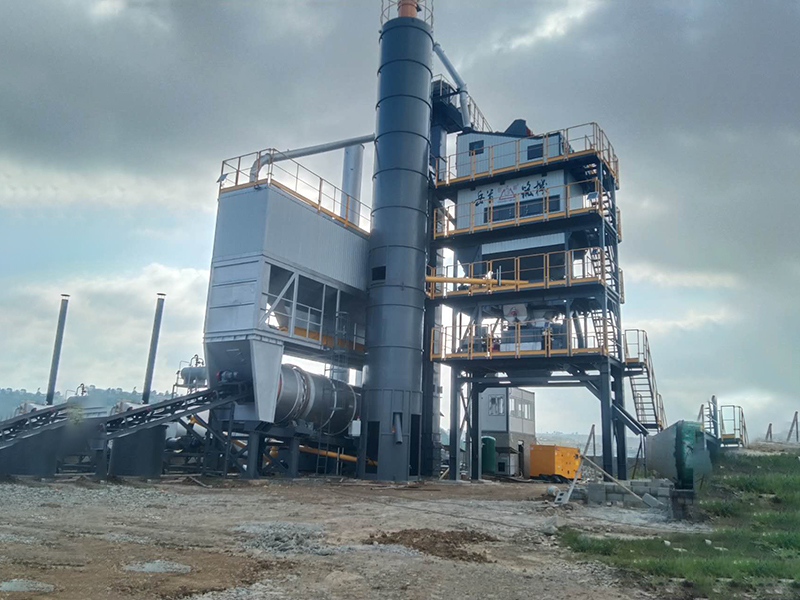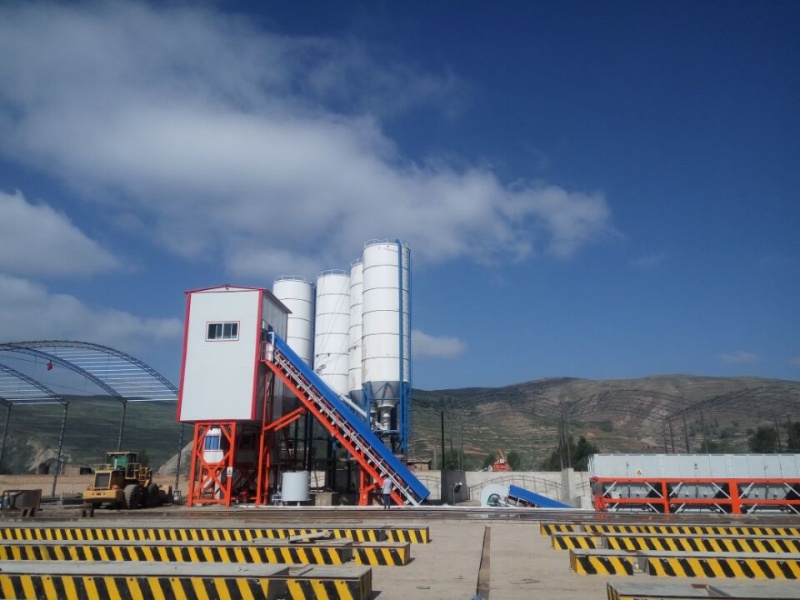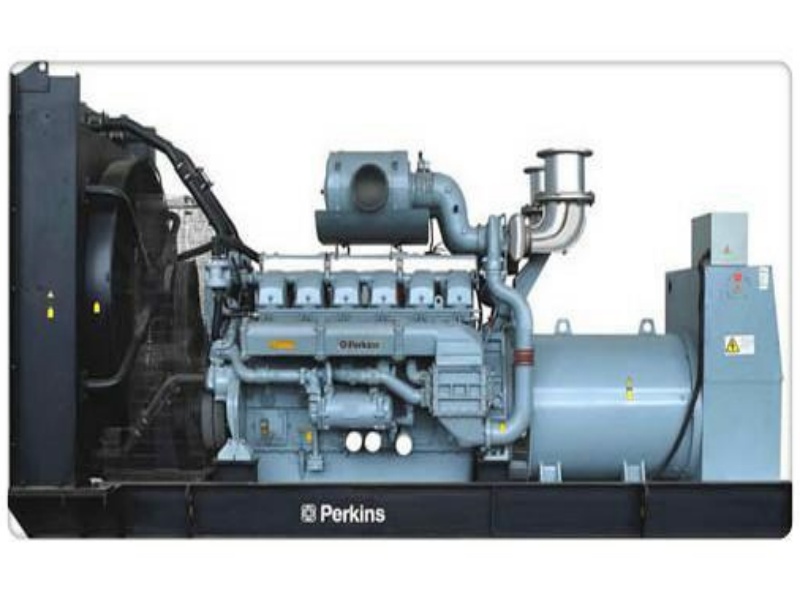CE Certification mobile ready mix concrete plant
Achieving CE Certification for Your Mobile Ready Mix Concrete Plant
This comprehensive guide explores the crucial steps involved in obtaining CE certification for a mobile ready mix concrete plant. We'll delve into the requirements, testing procedures, and best practices to ensure a smooth and successful certification process. Learn how to navigate the complexities of compliance and optimize your plant for efficiency and safety.
Understanding CE Certification
What is CE Marking?
The CE marking (Conformité Européenne) is a mandatory conformity marking for products sold within the European Economic Area (EEA). It indicates that the product meets EU health, safety, and environmental protection requirements. For a CE Certification mobile ready mix concrete plant, this is essential for legal compliance and market access.
Why is CE Certification Important for Mobile Ready Mix Concrete Plants?
CE certification demonstrates your commitment to safety and quality, building trust with customers and authorities. It opens doors to broader markets within the EEA and can enhance your brand reputation. Failing to obtain CE certification can result in significant fines and legal repercussions.
Steps to Obtain CE Certification for Your Mobile Ready Mix Concrete Plant
1. Identify Applicable Directives and Standards
The first step is determining which EU directives and harmonized standards apply to your specific CE Certification mobile ready mix concrete plant. This will depend on the plant's components and functionalities. Commonly relevant directives include the Machinery Directive (2006/42/EC) and potentially others depending on specific features like electrical components or pressure equipment.
2. Technical File Preparation
A comprehensive technical file documenting all aspects of your plant's design, manufacturing, and performance is crucial. This file should include detailed drawings, risk assessments, test reports, and declarations of conformity. It serves as evidence demonstrating your plant's compliance with the applicable standards.
3. Conformity Assessment Procedure
You'll need to choose a conformity assessment procedure appropriate for your plant. This typically involves internal production control (Module A) or more stringent procedures like notified body involvement (Modules B+C, or others depending on risk assessment). Selecting the correct procedure is crucial for successful certification.
4. Testing and Verification
Thorough testing and verification of your plant's components and overall performance are essential. This may involve testing by a notified body, which is an independent organization designated to assess conformity. Tests should validate the plant's compliance with safety, performance, and emission requirements. Consider involving a qualified testing facility early in the design phase to streamline the process.
5. CE Marking and Declaration of Conformity
Once all testing and verification are completed, you can affix the CE marking to your CE Certification mobile ready mix concrete plant and issue a Declaration of Conformity. This declaration formally states that your plant complies with all applicable EU directives and standards.
Tips for a Smooth Certification Process
Partnering with experienced consultants specializing in CE certification can significantly simplify the process. They can guide you through the complexities of regulations, help prepare the necessary documentation, and assist with testing and verification. Careful planning and proactive engagement with the relevant authorities will contribute to a more efficient certification process. Early consultation can avoid costly delays and ensure compliance from the outset.
Choosing the Right Equipment
Selecting high-quality, reliable components for your mobile ready mix concrete plant is crucial for both performance and CE certification. Investing in reputable suppliers who can provide necessary documentation to support your compliance efforts is a key part of a successful certification. Remember to consider your specific needs and the capacity required for your project when selecting your equipment. For high-quality mixing equipment, consider Taian Yueshou Mixing Equipment Co.,Ltd.
Conclusion
Obtaining CE certification for your CE Certification mobile ready mix concrete plant is a complex but necessary undertaking. By carefully following these steps and investing in the right resources, you can ensure compliance with EU regulations and position your business for success in the European market. Remember that ongoing compliance is essential; keep up-to-date with any changes to relevant directives and standards.
Related products
Related products
Best selling products
Best selling products-
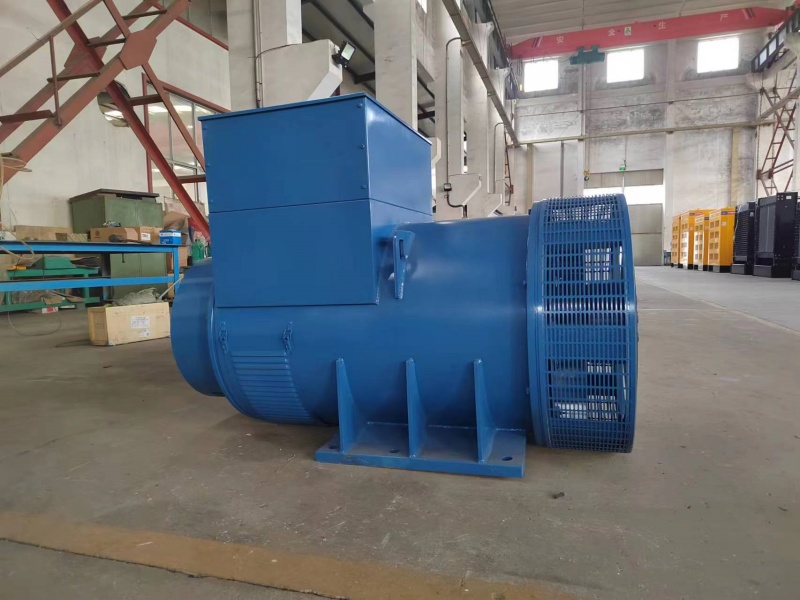 YIWANFU – Alternator
YIWANFU – Alternator -
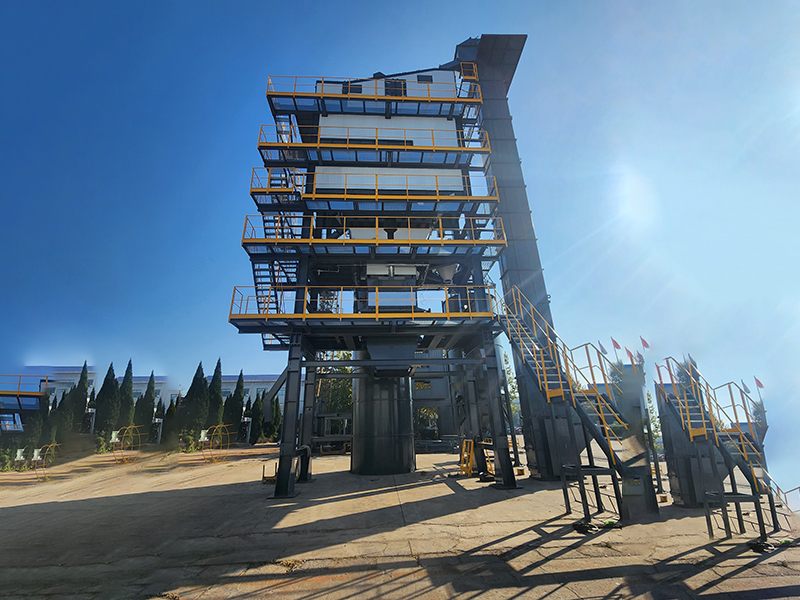 LB4000 asphalt mixing plant
LB4000 asphalt mixing plant -
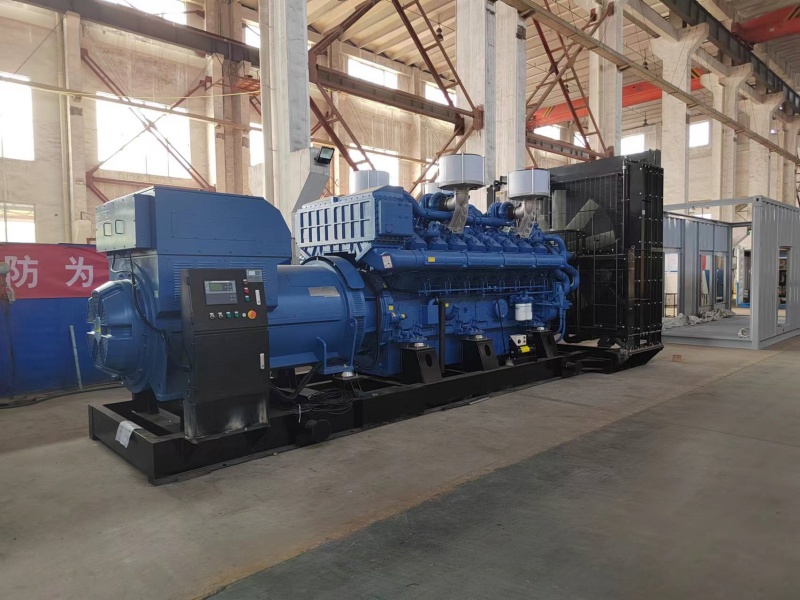 YUCHAI SERIES DIESEL GENERATOR SET
YUCHAI SERIES DIESEL GENERATOR SET -
 Mobile Type
Mobile Type -
 Concrete Batching Plant
Concrete Batching Plant -
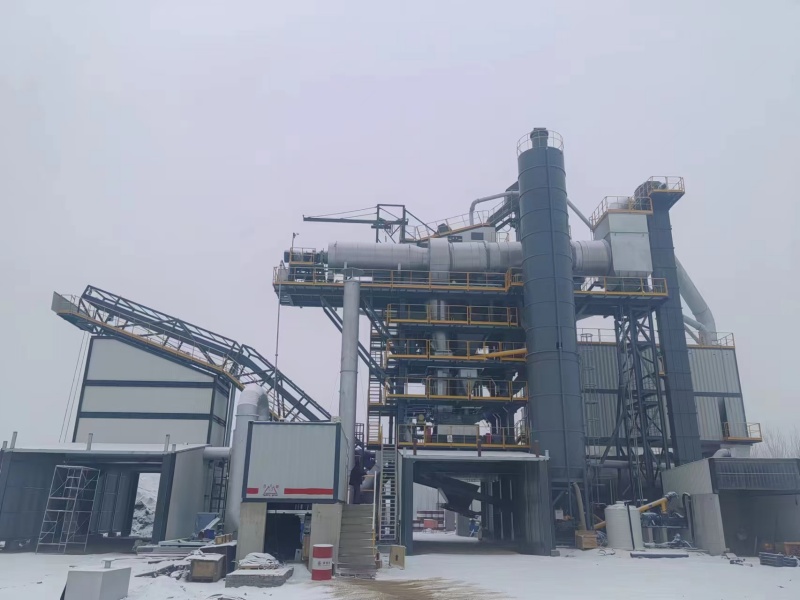 High Position Rotary Drum Type
High Position Rotary Drum Type -
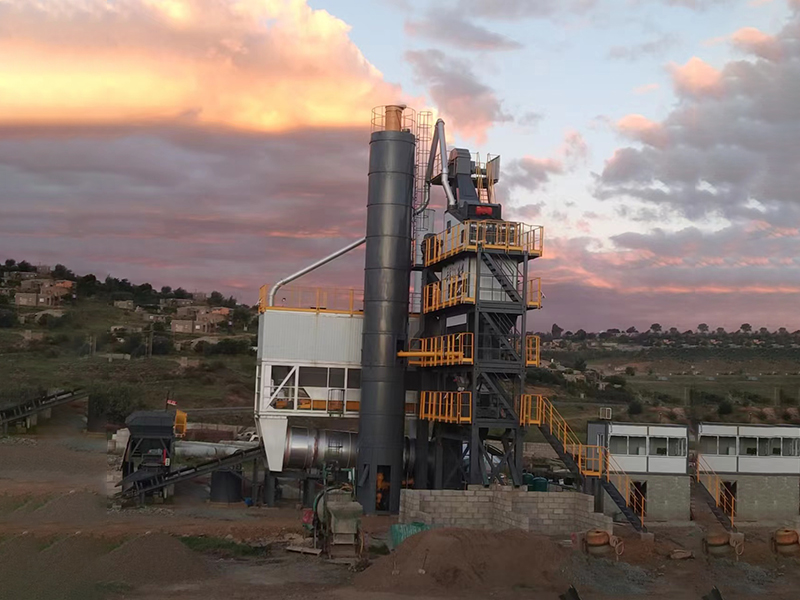 LB1500 asphalt mixing plant
LB1500 asphalt mixing plant -
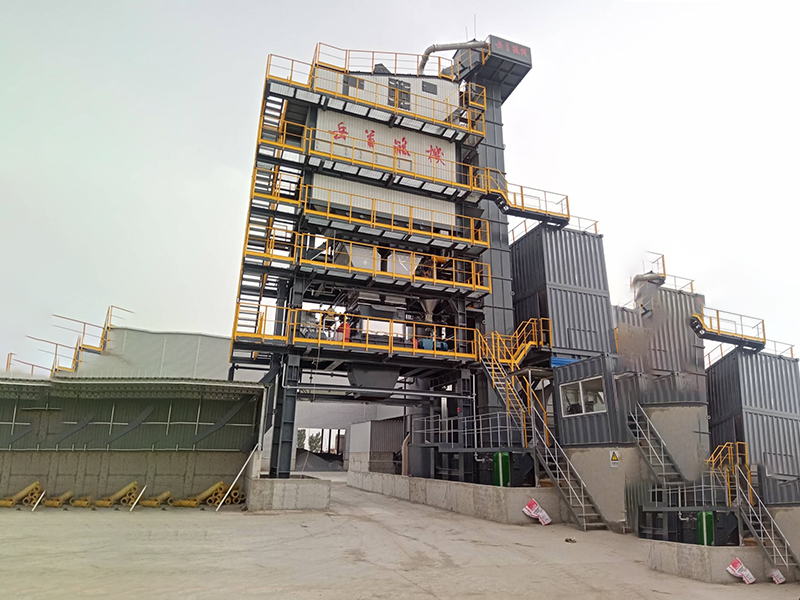 LB3000 Asphalt Mixing Plant
LB3000 Asphalt Mixing Plant -
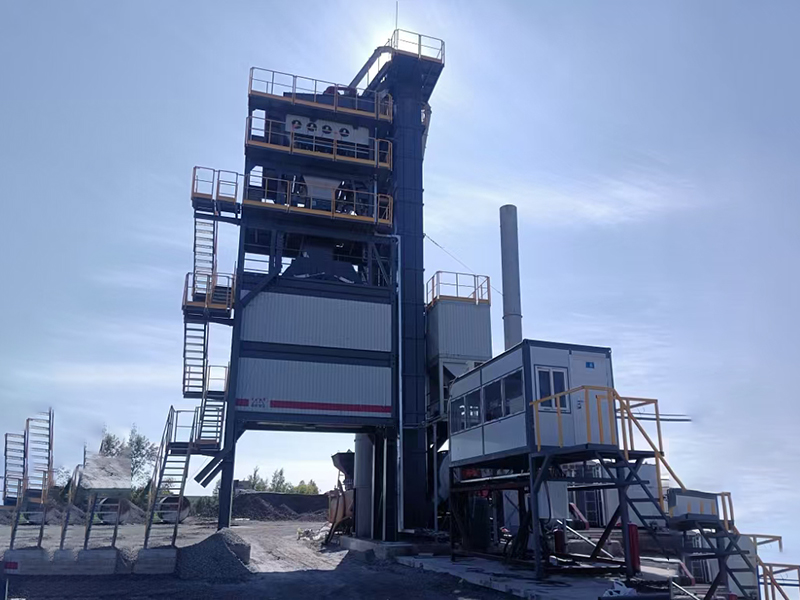 LB800 asphalt mixing plant
LB800 asphalt mixing plant -
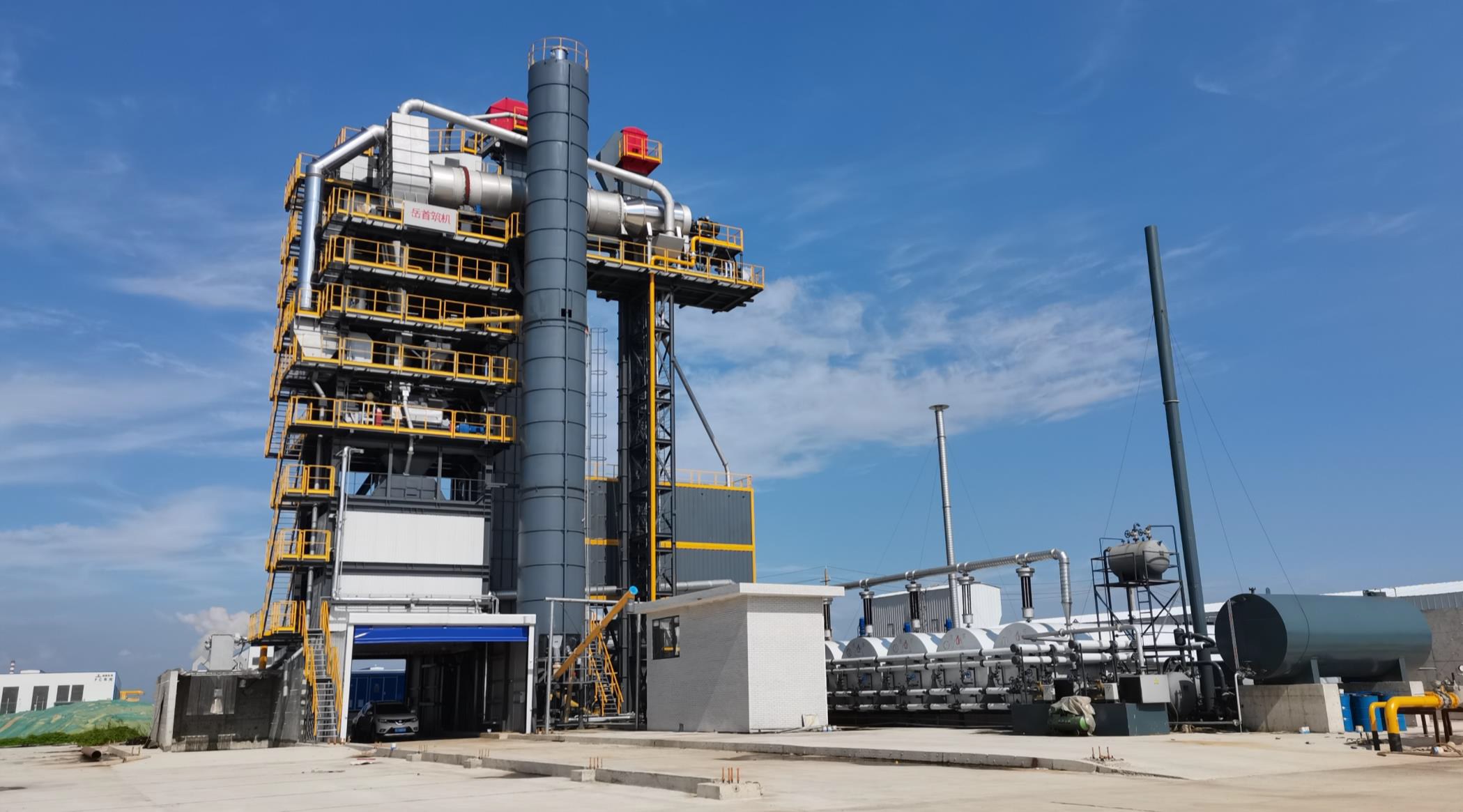 Asphalt hot recycling plant
Asphalt hot recycling plant -
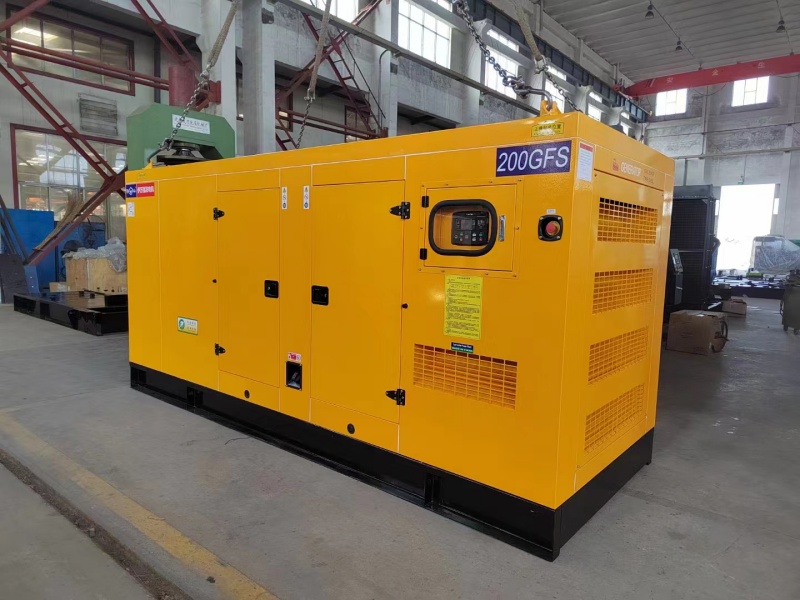 SOUNDPROOF GENERATOR SETS
SOUNDPROOF GENERATOR SETS -
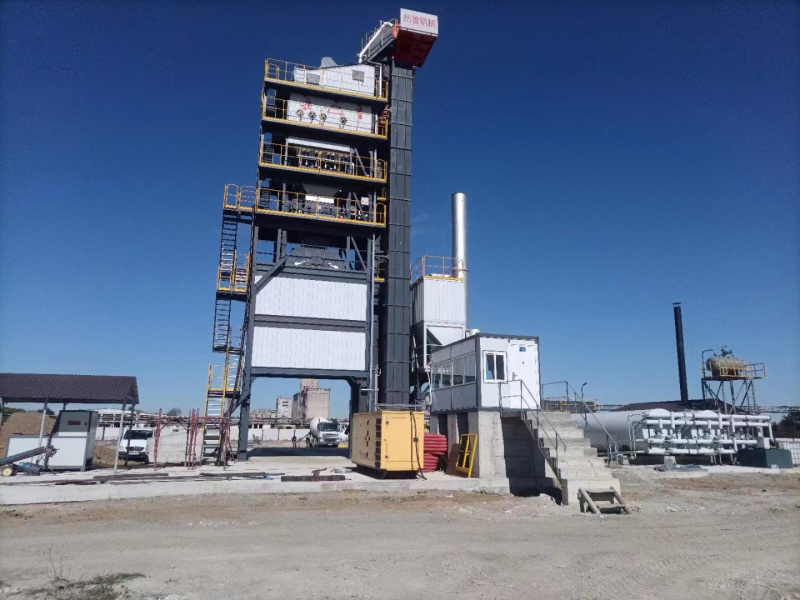 LB2500 Asphalt Mixing Plant
LB2500 Asphalt Mixing Plant
Related search
Related search- High-Quality fully automatic concrete batching plant Manufacturers
- High-Quality stationary concrete plant Companies
- China hot mix asphalt plant near me
- High-Quality acc ready mix concrete plant Manufacturers
- High-Quality reliable asphalt plant Product
- High-Quality concrete plants around me Manufacturers
- Famous crupi asphalt plant
- OEM knife river asphalt plant
- Best fulton hogan asphalt plants
- Best concrete plant price


